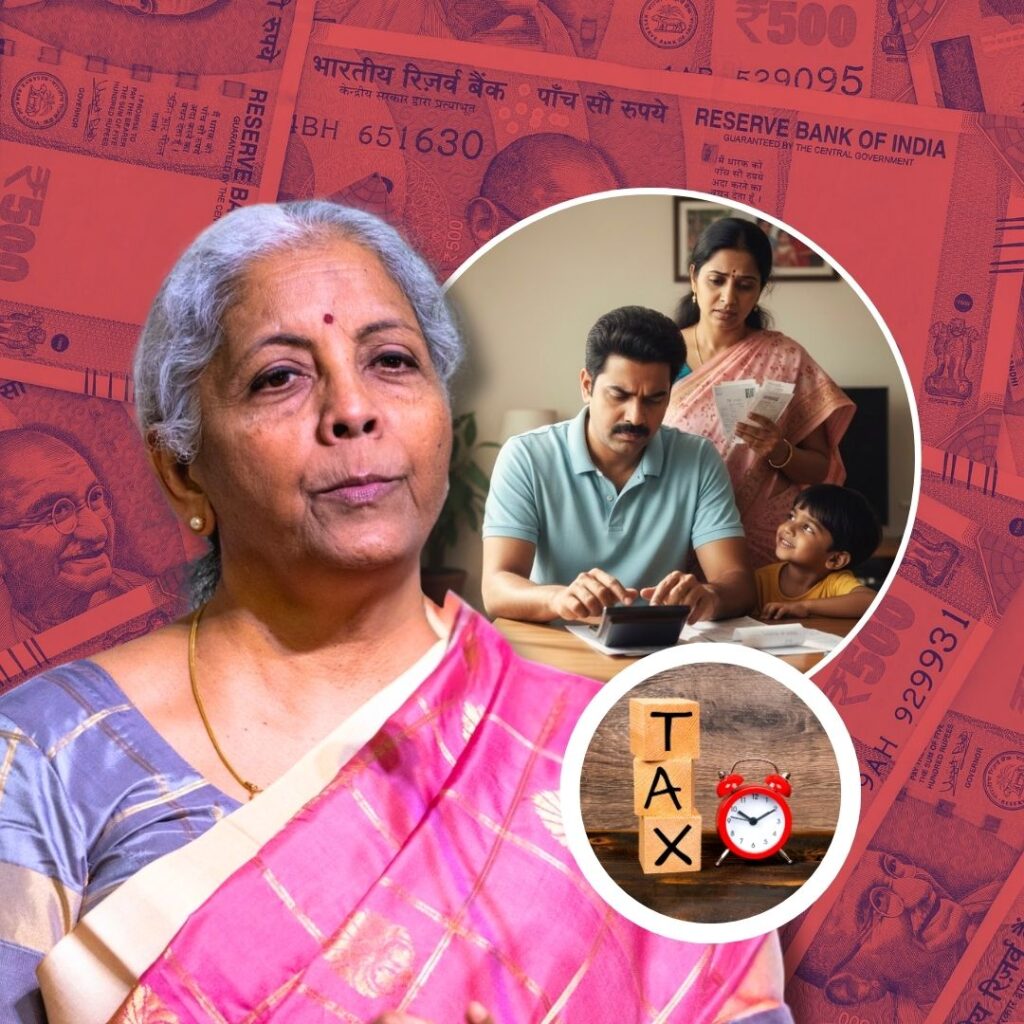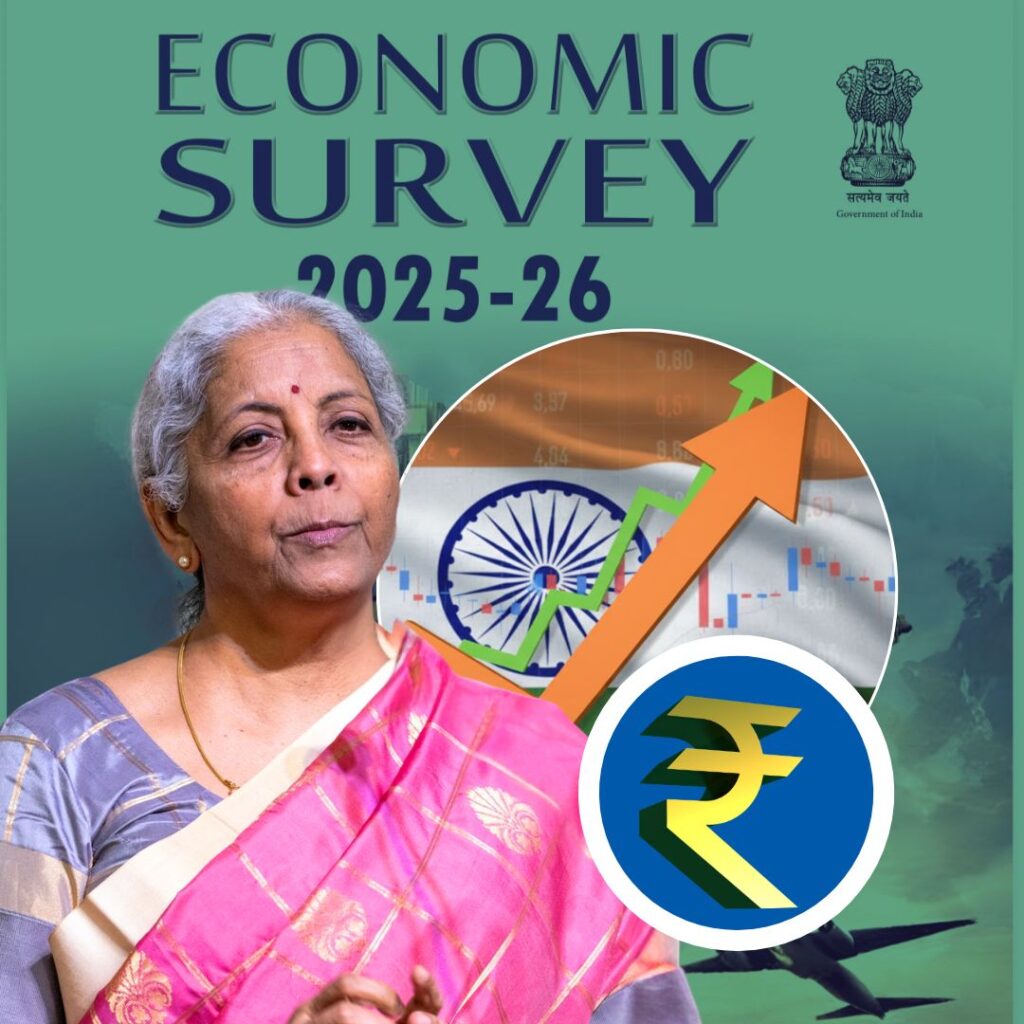The Centre is silent on the action taken against TV channels in a case linked to media reporting on the Tablighi Jamaat gathering at a Delhi mosque in violation of virus restrictions, the Supreme Court said on November 17, highlighting the need of a ‘regulatory mechanism’.
‘What is shown on TV channels is of great consequence for the country,’ the SC bench stated.
‘The government is silent on the action that has been taken and the power it has to regulate the TV channels. If there is no regulatory mechanism, create one or else we will hand it over to an outside agency. Regulation cannot be left to the NBSA (News Broadcasters Standards Authority)’ Chief Justice SA Bobde said.
The CJI also expressed his dissatisfaction and disappointment with the centre’s affidavit on action taken against the circulation of fake news.
The apex court made the observation after an affidavit was submitted before it by the secretary in the Ministry of Information and Broadcasting, Amit Khare, in the matter of Jamiat Ulama-i-Hind and others versus Union of India.
‘First, you did not file a proper affidavit and then you filed an affidavit which did not deal with the two important questions. This way it cannot be done Mr Mehta… we are not satisfied with your reply. We asked you to tell about what action taken has been taken. But not a whisper in your affidavit,’ the bench headed by Chief Justice Bobde told Solicitor General Tushar Mehta.
‘Tell us what’s the present legal regime you have… you haven’t told anything,’ the apex court said.
Defending the media in this case, the Centre told the top court that there was ‘no instance of bad reporting’.
The affidavit mentioned that ‘the majority of the leading national newspapers of the country including print editions such as The Times of India, The Indian Express and Hindustan Times have carried largely factual reports in this context. Online news portals such as The Print and The Wire have also undertaken objective reporting, through news reports, and analysis, through opinion and editorial articles, of events concerning the Tablighi Jamaat.’
The affidavit also added that ‘wide-ranging views and opinions have been expressed across media platforms on the Tablighi Jamaat which is not communal in nature.’
The SC last month pulled up the Centre on its affidavit and said it ‘must tell us instances of bad reporting’ and what action had been initiated. ‘Freedom of speech is one of the most abused freedoms in recent times,’ Chief Justice SA Bobde had stated.
The top court has been hearing multiple petitions for action against the media for ‘spreading hatred’ over the Tablighi meet at Markaz Nizamuddin earlier this year which created a huge controversy after it became a coronavirus ‘super-spreader’.
Last month, the Centre was asked to file another affidavit by the Secretary of the Information and Broadcasting Ministry, on the petition seeking action against some TV channels.
‘You cannot treat this court the way you are treating it. Some junior officer has filed the affidavit. Your affidavit is evasive and says petitioner shows no instance of bad reporting. You may not agree but how you can say there is no instance of bad reporting shown,’ the Chief Justice had questioned.
Also Read: After Madhya Pradesh, Now Haryana Warns Of Strict Law Against ‘Love Jihad’











